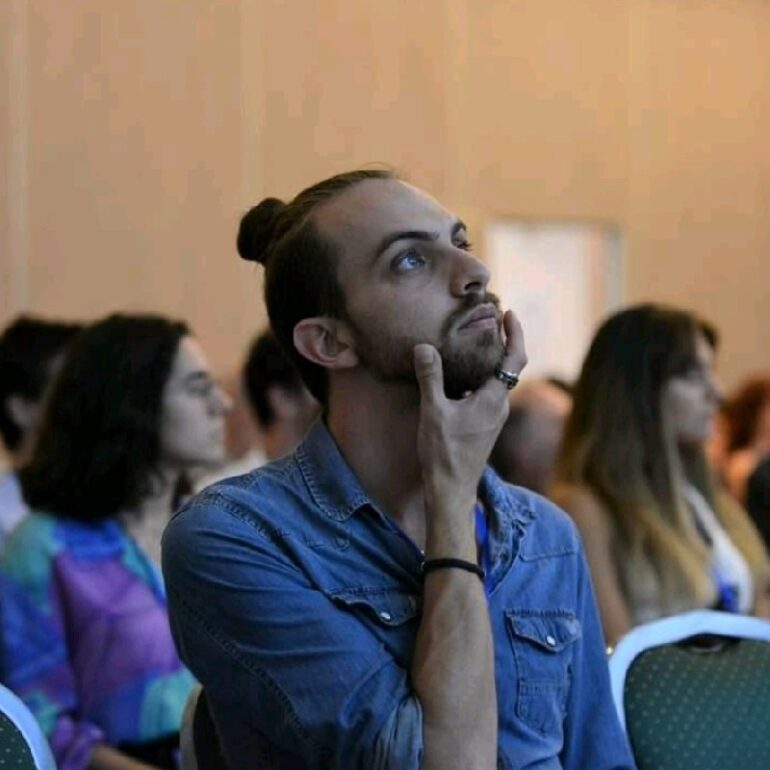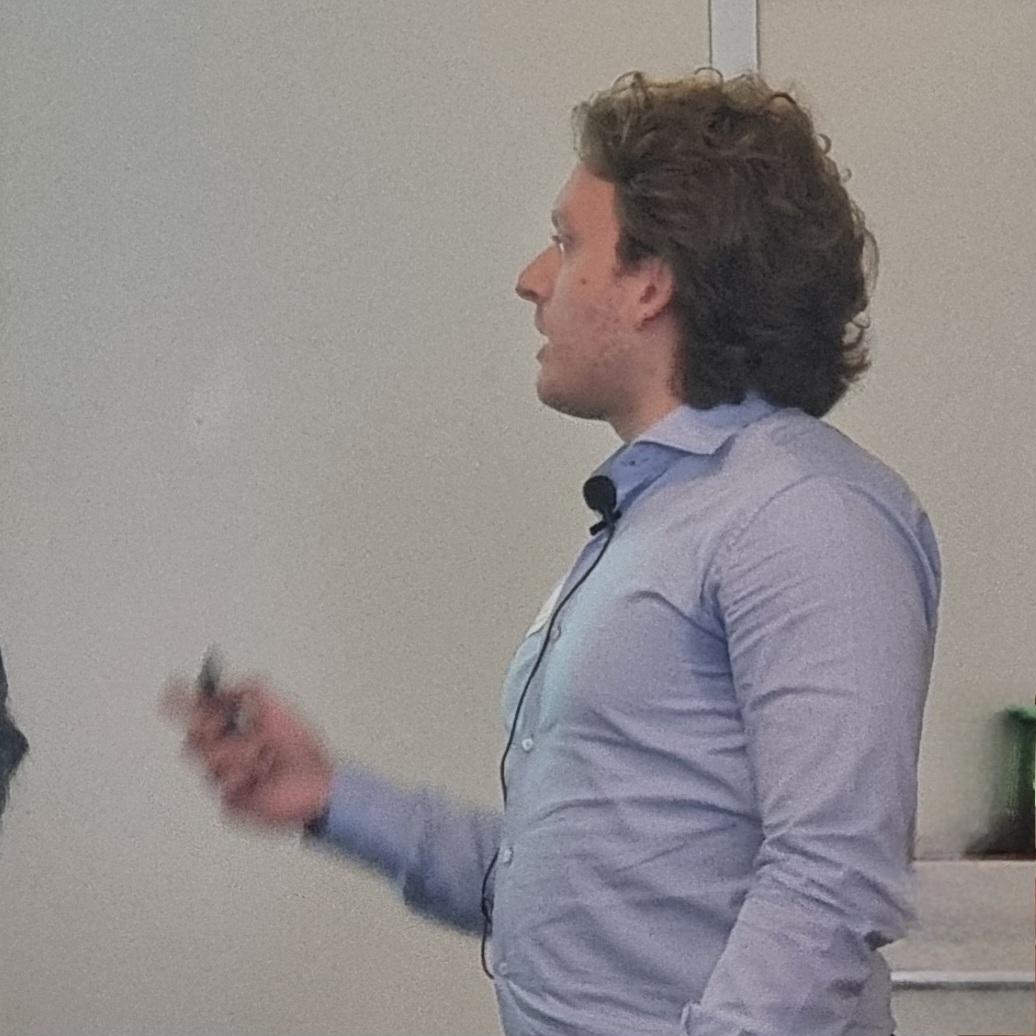Three early-career researchers have joined the C1_QSPR team, helping to sharpen its scientific and practical impact. With backgrounds spanning organic chemistry, catalysis, and polymer materials, they each bring a unique perspective to the challenge: predicting catalyst performance before synthesis.
Supporting data-driven design of polymer catalysts
C1_QSPR explores how molecular structure influences catalyst behaviour, aiming to reduce trial-and-error in synthesis and speed up innovation. By combining experimental data with predictive modelling, the project lays the groundwork for smarter catalyst design in polyolefin production.
Meet the researchers contributing to this effort

Thomas Nouwt
Research fellow, PTG/e
Thomas supports the project with hands-on experimental work and material insights, building on a BSc in Chemistry from Avans University of Applied Sciences.

Francesco Taglieri
Postdoc, University of Perugia
Francesco contributes expertise in synthesis, catalysis and sustainable methodologies, shaped by experience across academia and industry.

Pietro Oriente
PhD researcher
Pietro holds a Master’s in Chemical Sciences from Università degli Studi di Napoli Federico II and works on the development of QSPR models for polymer catalysts.
Together, they help deepen the project’s scientific foundations by connecting chemistry, data and practical design.
Want to know how this approach links to your R&D?
Explore the Enabling tools & technologies programme, or contact our programme manager using the contact form below.
